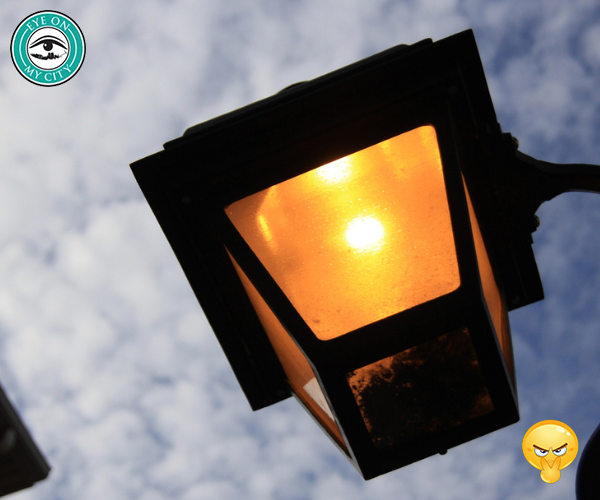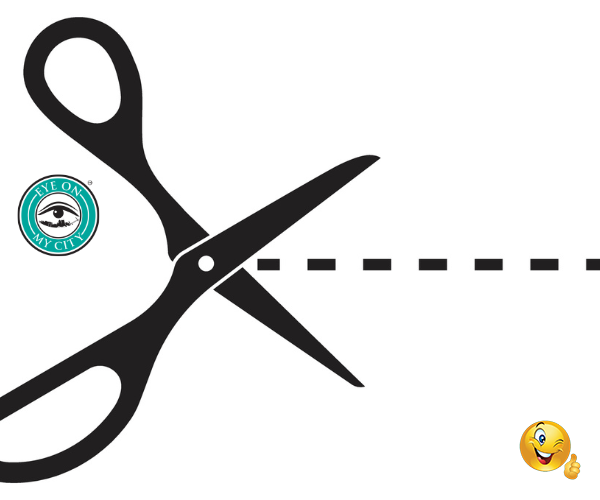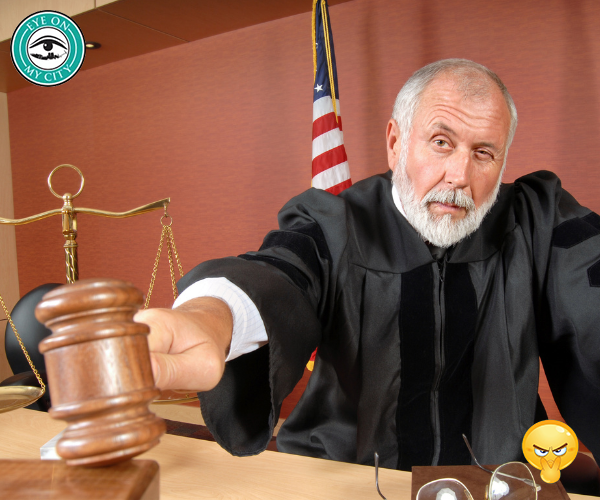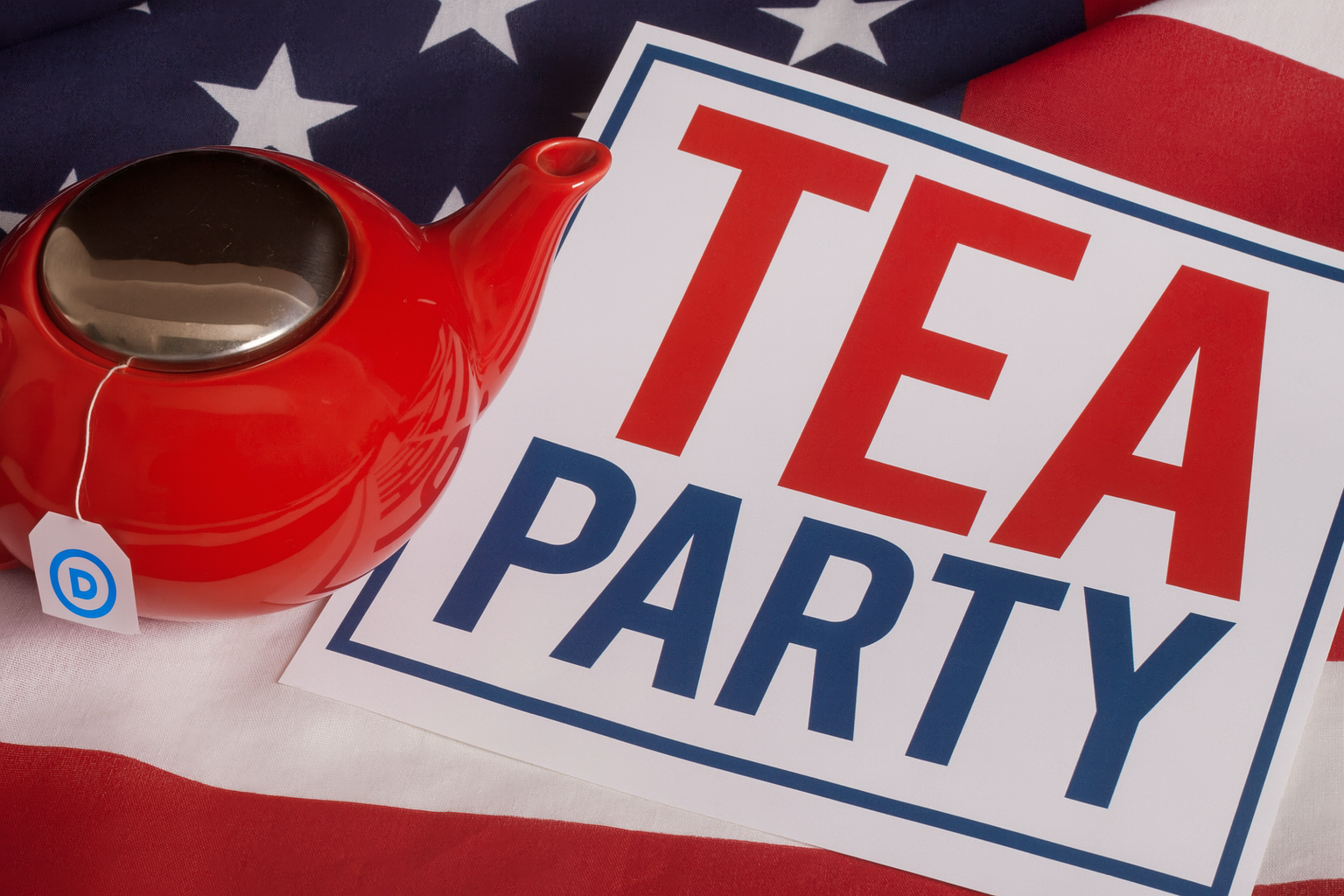National Football League teams are loaded with dough. So why are the owners constantly poor-mouthing and freeloading off taxpayers?
The question is relevant in light of the negotiations going on between the local government and the Jacksonville Jaguars, focusing on how much each partner would pay toward the total cost of a new stadium, which could be around $2 billion.
To digress, public buildings seem to be having shorter lifespans than previously. The City Hall and county courthouse lasted less than 40 and 50 years respectively, the county jail is only 30 and is said to be outdated, and the football stadium virtually has been rebuilt within the past 30 years.
Jacksonville owns the stadium. But should it?
Eye on Jacksonville raised this question previously.
Selling or even giving the stadium to the Jaguars might be a better “investment,” as politicians like to refer to spending Other People’s Money.
There’s no law that says cities must own football stadiums. Other stadiums used by the 32 NFL teams are privately owned.
SoFi Stadium in Los Angeles is a 70,240-seat sports and entertainment indoor stadium in Inglewood, CA. The stadium complex is a component of a master planned neighborhood on the site of a former racetrack.
Opened in September 2020, the fixed-roof stadium is home to the Los Angeles Rams and Los Angeles Chargers, as well as the annual LA Bowl in college football.
It also is the most expensive stadium in the world at a cost of $5.5 billion. At the beginning of construction, the cost of the stadium was estimated to be $2.66 billion.
It was built privately, but the two teams that own it constantly are seeking significant tax breaks from taxpayers.
All NFL teams earn millions of dollars, and not just on game tickets. They get about $100 million each from their joint investment portfolio. Media rights are worth more than $250 million to the 32 teams this year.
Two years ago, Forbes magazine reported the L.A. Rams had a value of $2.92 billion and an operating income of $48.7 million. The L A. Chargers had a value of $4.8 billion and operating income of $37.2 million.
Meanwhile, the Jaguars, owned by Shad Khan, had a value of $2.8 billion but an operating income of $68.8 million – more than either the Rams or the Chargers.
Only the Dallas Cowboys and New England Patriots raked in more cash. (Operating income measures profit after deducting expenses such as wages, depreciation and the cost of goods.)
The eastern end of the central business district, formerly the residential and industrial area known as Fairfield, has been almost completely revamped since the Jaguars moved to Jacksonville in the 1990s, after a local newspaper publisher revived a stalled deal.
A Super Bowl was played in the stadium in 2005.
In 2014 the stadium got a $63 million makeover, with Khan putting up $20 million.
All kinds of benefits are attributed to the team’s presence and most probably are valid. But how much cash do they actually put in the kitty?
Total rental of the stadium to the Jaguars from November 1995 through November 2029 will be $121,565,363 under the present lease agreement. That figure is almost identical to the cost of the 1994-95 stadium rebuild.
Khan paid more than that for his yacht.
Let’s hope City Hall’s negotiator Mike Weinstein can forge a better deal than city officials in Nashville, Tenn., did.
The Metropolitan Council of Nashville and Davidson County voted to spend $1.26 billion on a new government-owned stadium for the Tennessee Titans, to replace one that is only 24 years old. That figure put local taxpayers on the hook for more than half of the stadium’s estimated $2.1 billion cost, according to Reason magazine.
The Titans hadn’t even threatened to leave the city, which is a common tactic teams use when demanding taxpayer money.
The deal eclipsed a $1 billion clipping the people of Buffalo took for a stadium.
The Jaguars say the planned design will be wonderful, with lots of shade.
But the negotiations also will be in the shade. The public is not invited. Members of the City Council will be briefed from time to time.
There are many ways to come up with a value for the stadium. Based on one future value calculation, the stadium might be worth $222 million. The city could offer it at that figure and even if they get bargained down to nothing, it might be a win considering it is a recurring expense that could be producing property tax revenue instead.
Weinstein has said everything will be on the table. We hope that will include a deed to the stadium, if the numbers support that course of action.











One response to “Let’s make a deal”
Re: Let’s make a deal on the stadium: How is it possible that such an important “negotiation” can be handled in the “shade”? Don’t we have a “Sunshine” law in Jax? ESPECIALLY with so much at stake! Somebody, please help us taxpayers!!